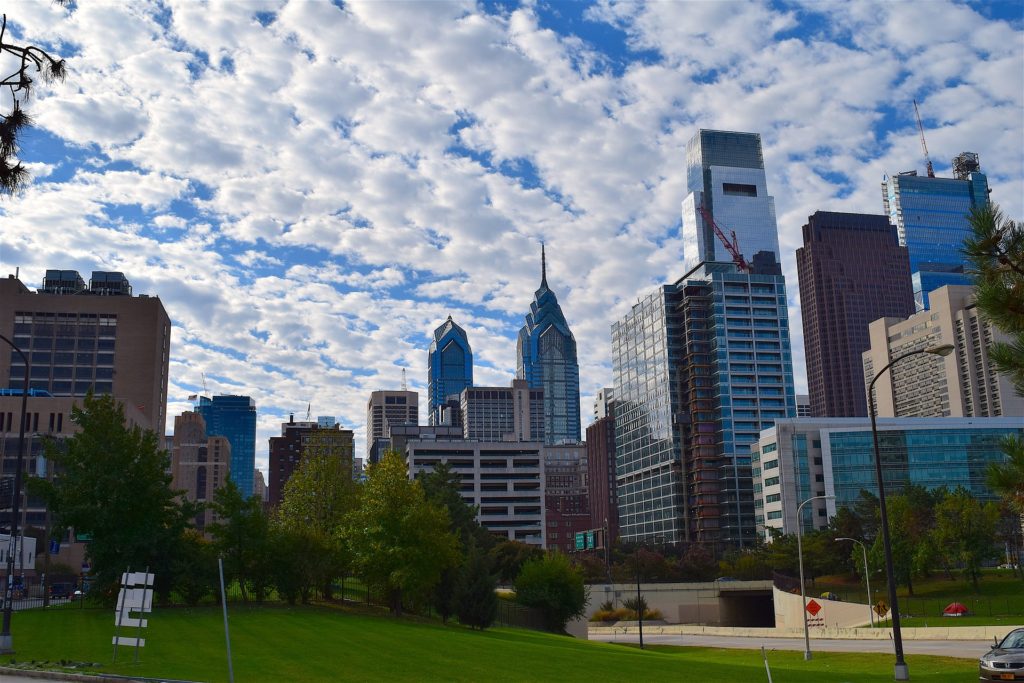Though it might not seem all that glamorous, Philadelphia’s switch to 2018 energy efficiency building standards will have far-reaching impacts, such as lowering the city’s carbon footprint, addressing income inequality and decreasing energy bills. The City is currently operating under the 2009 International Construction Code for commercial and multi-family buildings, but with the jump-ahead, which skips adopting the 2015 code and moves directly to the 2018 ICC, industry best practices will be the norm. Philadelphia City Council’s Committee on Licenses and Inspections voted to move the resolution to adopt the 2018 ICC at the hearing held on April 19.
The move to adopt the new code will usher in new safety and comfort upgrades, as well as important energy-efficiency changes, according to the Director of the Office of Sustainability, Christine Knapp. Since buildings contribute about 68% of Philly’s greenhouse gas emissions, this shift also lends to Mayor Kenney’s Paris Climate Agreement promise of reducing the city’s carbon emissions by 80% by 2050.
PEA’s Energy Efficiency Program Manager, Alon Abramson, testified at the hearings, stating that the new code would decrease the energy used in newly built and substantially retrofitted commercial and multi-family buildings by 30%. Alon discussed the important impacts that these energy savings would have for low income families who spend “upwards of 23% of their salary on their utility bills, more than any other income bracket.” Philadelphians of all stripes feel the burdens of high energy costs, but the pain is felt the most acutely by African Americans, renters, and families with children. These groups report that they either kept their homes at unhealthy temperatures, didn’t pay their bills, or forewent basic necessities due to the high costs, according to the U.S. Energy Information Agency’s survey of households in urban areas in the Mid-Atlantic.
The International Code Council’s 2018 guidelines require contractors to utilize more advanced technologies and materials that have become industry standard. Beyond improving energy efficiency standards, the new code will have benefits for health as well. For example, the 2009 code didn’t require ventilation testing for air quality and mold prevention.
Further, the shift also moves Philadelphia to the 2017 NEC code, which addresses fire safety. With Solarize Philly moving into its second phase and Philadelphia’s solar market having expanded by 46% in 2017, the new code will also ensure the use of updated technology and adhere to the strongest safety standards.
The bill was introduced by Councilman Bobby Henon and brought before the City Council’s Licensing and Inspections Committee, chaired by the Hon. Maria Quiñones-Sánchez. Councilman Henon has been fighting for this bill since 2016 to allow sustainability goals to be reached unhindered. The 2018 code, which passed unanimously out of committee is expected to be adopted by the full chamber in early May.
